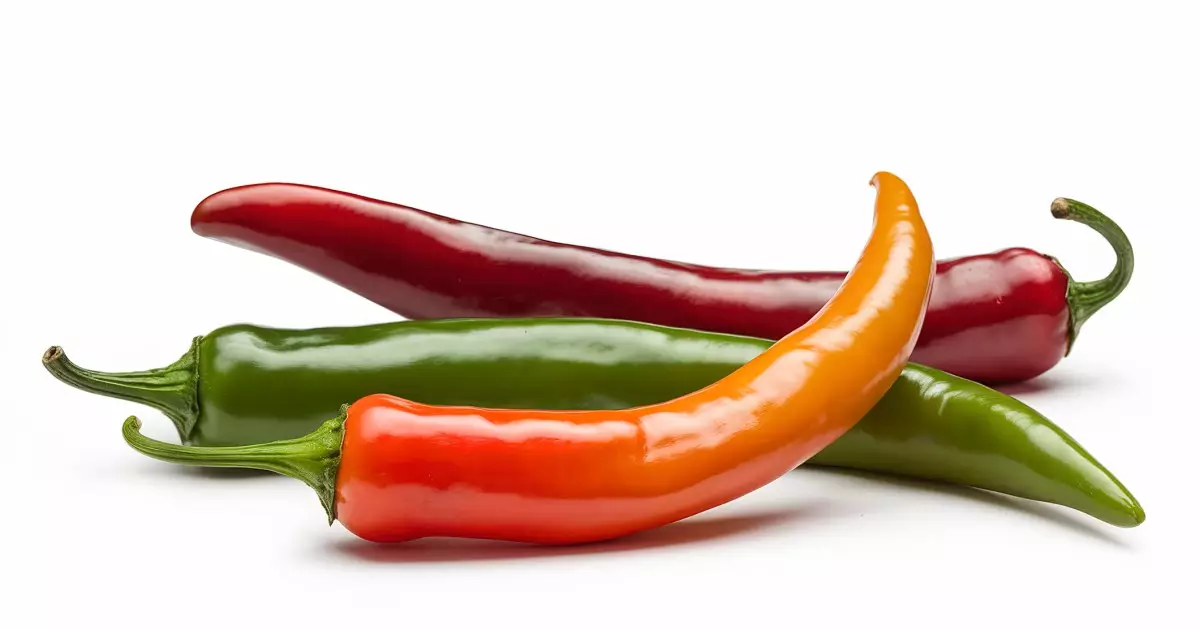As pet lovers, we often want to share our culinary delights with our furry friends, but chili peppers are an exception that should not be overlooked. These vibrant, colorful staples of many cuisines pack a punch of flavor, but for dogs, the excitement is potentially perilous. Despite not being classified as toxic, chili peppers can lead to significant discomfort for our canine companions. The primary culprit is a compound known as capsaicin, which gives these fiery fruits their heat and can wreak havoc on a dog’s sensitive digestive system.
What Exactly is Capsaicin?
Capsaicin’s intense spiciness is an evolutionary defense mechanism for the pepper plant, deterring mammals while attracting birds, which are unaffected by the compound. For dogs, however, this means that even a very small amount of chili pepper can lead to upset stomach, excessive thirst, and more troubling symptoms. The reaction may vary from one dog to another, with some being more tolerant of spicy foods than others. Nonetheless, it’s crucial to recognize that the ingredients we savor may not always align with our pets’ needs and abilities.
The Bell Pepper Exception
Interestingly, not all peppers are created equal in the eyes of our pets. Bell peppers, in contrast to their spicier counterparts, are completely harmless for dogs. They contain minimal amounts of capsaicin and are excellent sources of vitamins, particularly vitamin C. Think of it as the safe option; while you should avoid spicy peppers like jalapeños, habaneros, and cayenne, a sweet bell pepper can be a nutritious treat for your beloved pooch.
Signs of Distress and When to Seek Help
Should your dog accidentally munch on a chili pepper, the immediate course of action should involve close observation. If your furry friend exhibits signs of distress—such as pawing at their face, excessive barking, or urgent need for water—it’s a clear red flag. Though many dogs may pass the spicy food through their system without severe consequences, those showing signs of more serious distress should be evaluated by a veterinarian. A simple phone call can guide you on whether an emergency visit is necessary.
Long-Term Effects of Spicy Foods on Dogs
While the occasional nibble of chili pepper may not result in lasting harm, repeated exposure to spicy foods can lead to more significant problems. Regular consumption of spicy items can potentially disrupt a dog’s intestinal health, leading to chronic issues down the line. As with all aspects of pet care, moderation and awareness are key. By remaining vigilant about what foods are safe for dogs, we can ensure that sharing food and experiences with our pets remains a joyful and safe endeavor.
In the grand landscape of canine health, understanding the dietary needs of our pets remains paramount. While treating our furry friends with the same flavors we enjoy is tempting, caution is advisable in the face of such spicy distractions.

